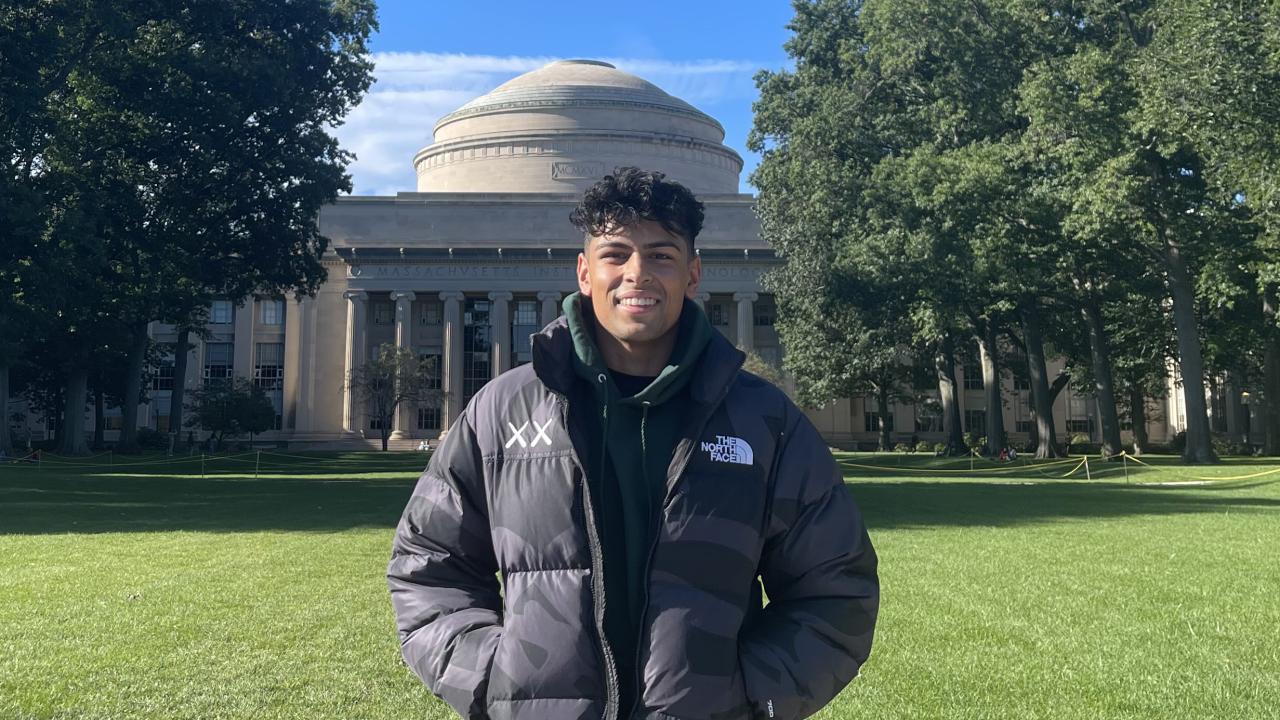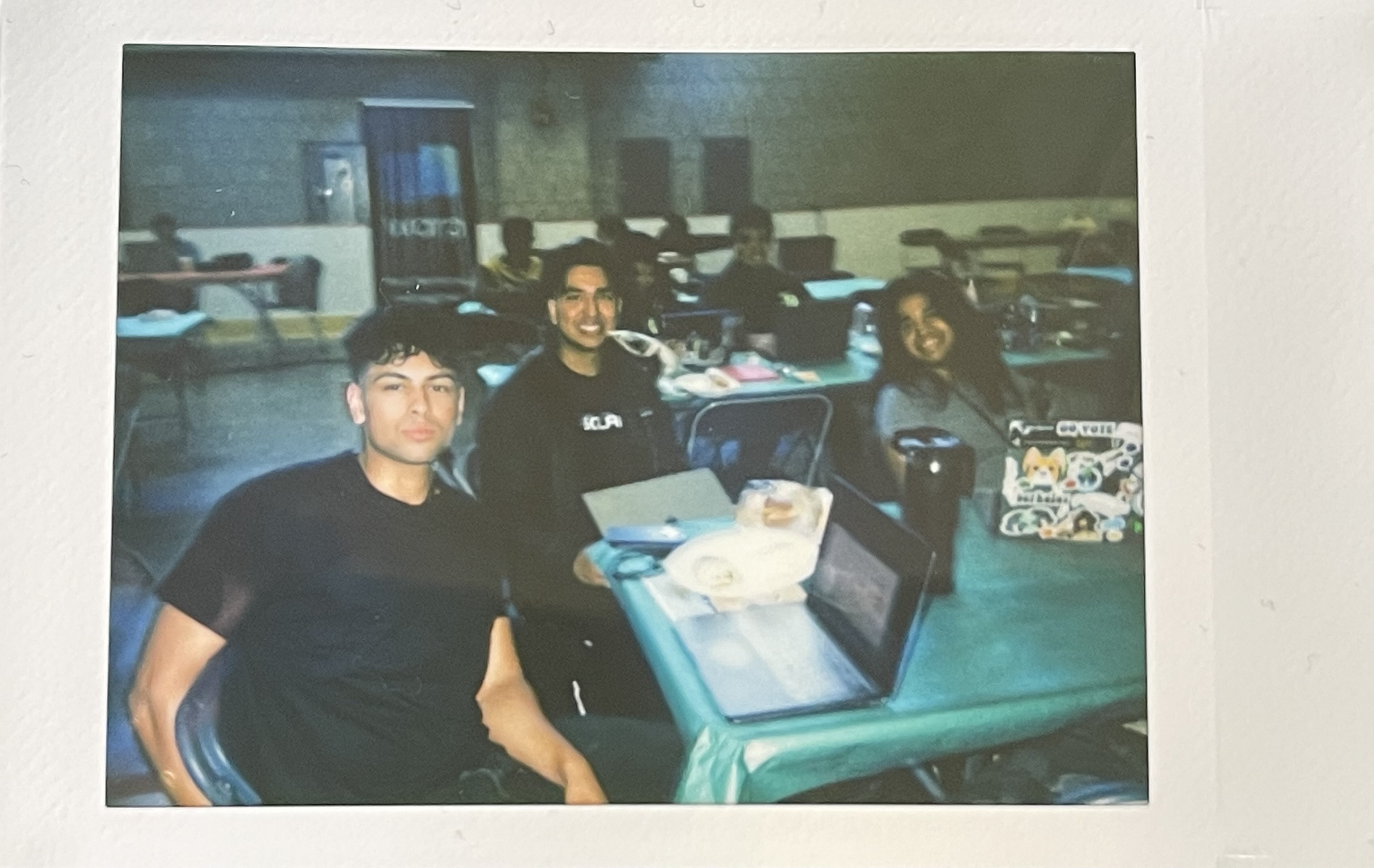
Student Collaboration Takes on Gig Worker Security, Wins at HackMIT
Ashwin Chembu, a junior computer science major at the University of California, Davis, along with collaborators, Ishaan Bansal from the University of California, Santa Cruz, and Snehaa Kumar from the University of California, Berkeley, won first place in the Interactive Media Track at HackMIT 2023 at the Massachusetts Institute of Technology for their app Echo.
Chembu and his team created Echo, a biometric multi-factor authentication system that confirms the identification of employees in the gig-work industry, to build trust in the online gig-working community and enhance security in the digital world. With the uptick in the usage of gig-working apps like Lyft, DoorDash and Instawork, the question they asked is: Can one trust the person who is driving them to the airport or dropping off food at their home?
In Echo, gig workers upload their images to be authenticated. Through combining facial recognition and blockchain technology, Echo is able to keep track of data gathered from biometric characteristics like thumbprints or facial features and interactions with a phone or computer. The authenticated identification is then converted into a non-fungible token, or NFT, a kind of digital ID.
Experiencing HackMIT
At HackMIT, Chembu and his team were given the time and resources to develop their ideas for Echo. HackMIT is an annual event, where more than a thousand students from around the globe come to work on software and hardware projects. Students who have the top project in their specific track receive a prize; the four tracks, or impact areas, are sustainability, education, health and accessibility, and interactive media.

A challenge Chembu's group faced was maintaining user privacy without compromising the app's main function. This is especially tricky since Echo can track a user's internet history. Thus, the creators of the application want to make this a more interactive experience where users have more freedom to operate within the app. They plan to gamify the interface of Echo, where people can view an interactive dashboard of their own internet history; the experience is meant to be an engaging way to approach online safety.
In the future, Chembu and his partners want to expand Echo to reach different platforms and improve the user interface, with the hope of establishing a more secure digital world for all.
"By making verifications public and transparent, we're fostering an environment where trust is celebrated and rewarded," he said.
In addition to being honored at HackMIT, the project was recognized by The Solana Foundation, which prioritizes security within its blockchain ecosystem. Chembu and his collaborators were invited to the Solana Breakpoint Conference 2023, held in Amsterdam this past October.
Collaboration is Key
Chembu emphasizes the collaborative nature of creating Echo, and how rewarding it was to work with Bansal and Kumara, an experience fostered by his strong support system of professors and peers in the College of Engineering. In fact, Chembu is currently collaborating with Mohammad Sadoghi, an associate professor of computer science at UC Davis, to integrate Echo's blockchain component on Sadoghi's ResilientDB platform, a large-scale sustainable blockchain ecosystem in which individuals can collaboratively verify transactions, in order to enhance Echo's security and reliability.
"Beyond the technical skills, the most valuable lesson I've learned is the importance of collaboration and communication in engineering," Chembu said "No matter how complex a problem, a diverse team with effective communication can find innovative solutions."
